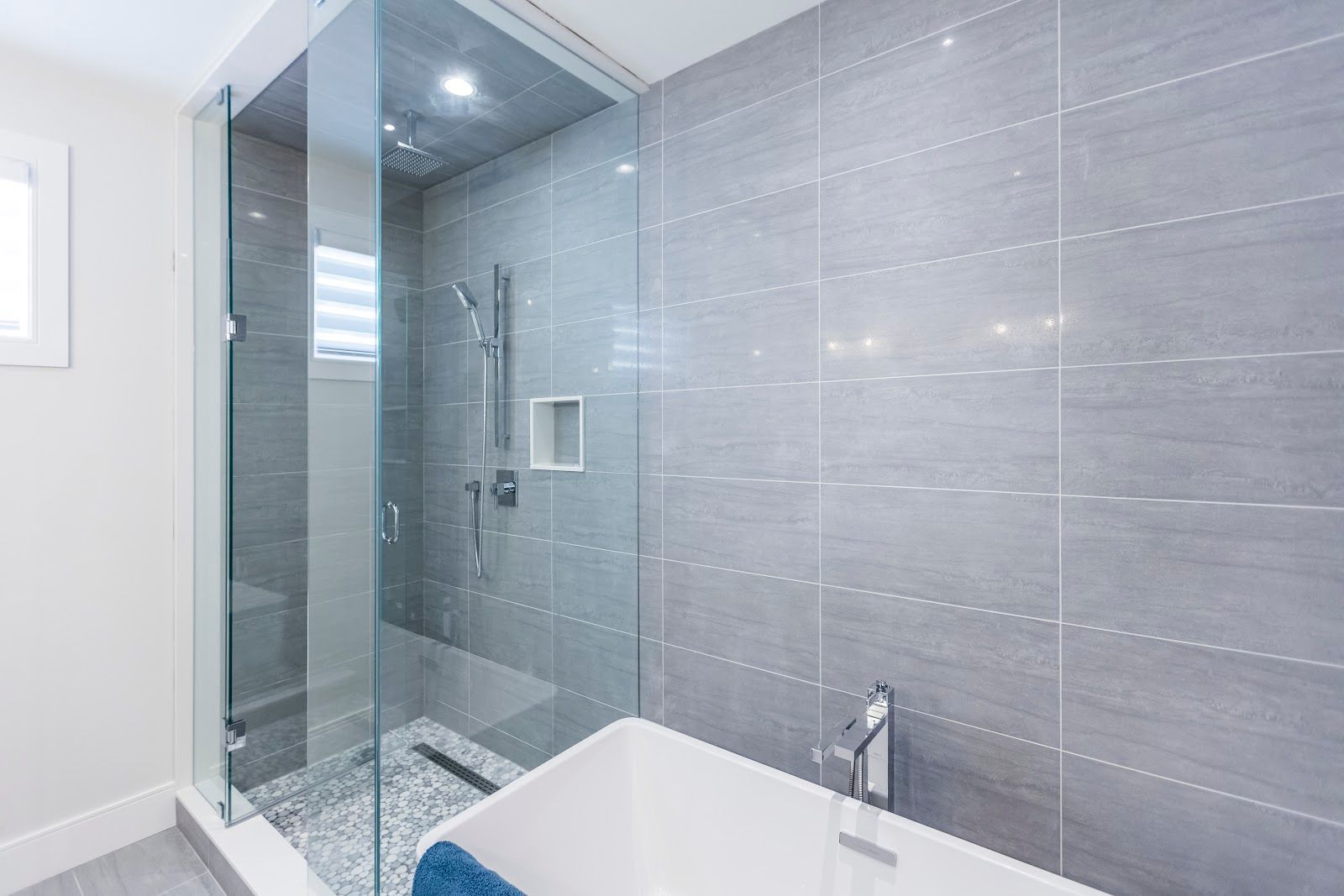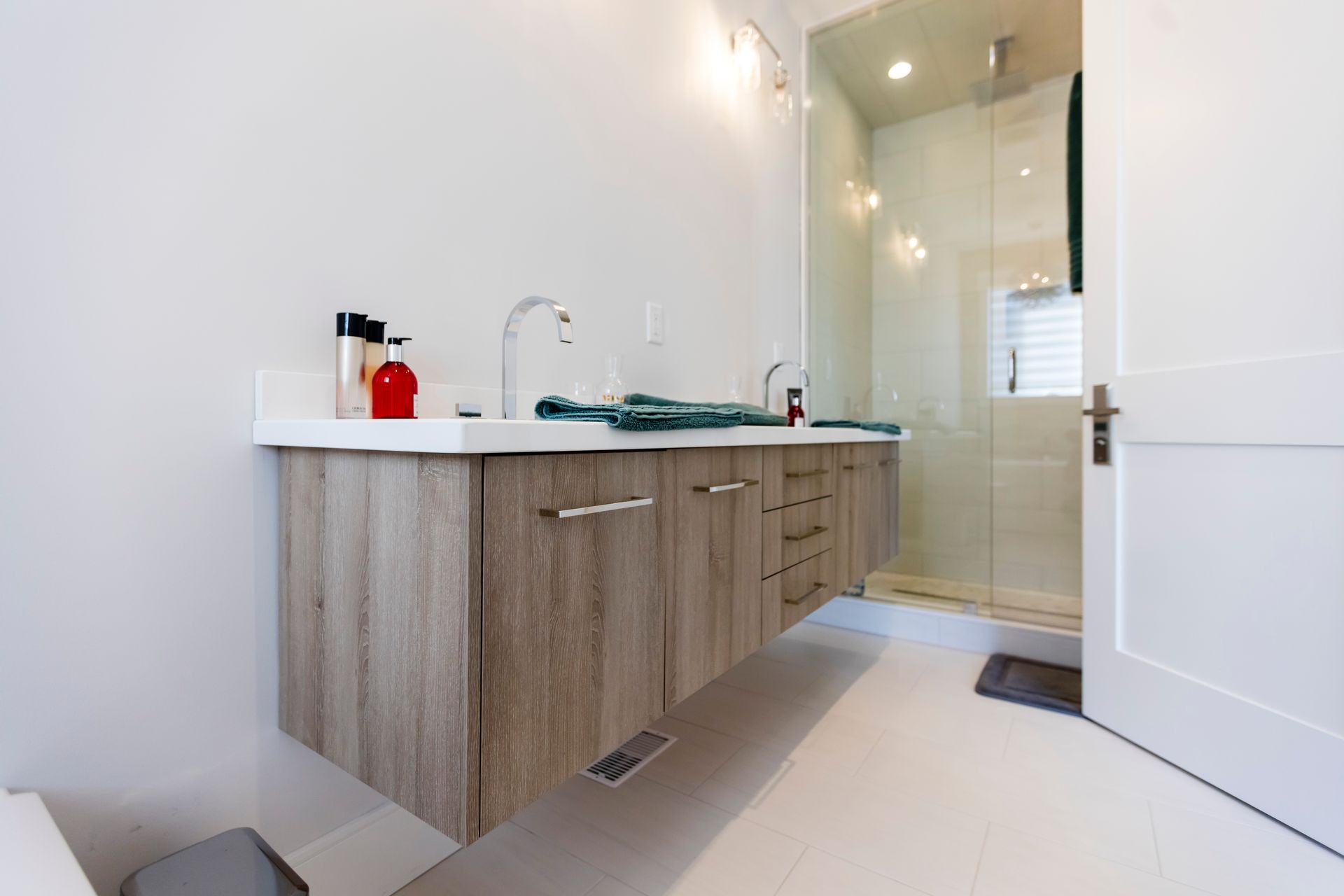Kitchen Safety – Small Appliances
While all kitchen appliances should be serviced and cleaned on a regular basis, a faulty electrical appliance poses a hazard in your kitchen and can cause serious injury. Therefore, repairing all faulty appliances, like toasters, microwaves and ovens, is a must. Stop using the appliance until you can get it serviced. Unless you have the experience and confidence, you should have the repairs done by a licensed repair technician.
However, if you want to do the repair yourself, read about what you’re repairing and don’t hesitate to ask a professional. You can consult your owner’s manual for instructions and recommendations or call the store where you bought the appliance. Always make sure the power is off before you begin working on the appliance and if you feel the appliance is too old to repair, throw it away.
Another important factor with these small kitchen appliances such as microwaves, food processors, blenders, toasters, toaster ovens and coffee pots is that they should have short cords and be plugged in an outlet rather than being connected to an extension cord. All manufacturer warnings should also be observed.
Specific to the microwave – always check to ensure any plates or containers you place in the microwave are microwave-safe and when heating liquids in the microwave retrieve them very carefully and stir them with a long-handled utensil to be sure no bubbling over will occur. Poke holes in potatoes before microwaving them to allow steam to escape; failing to do this can result in an exploded potato and a nasty burn.
Also, be sure to unplug the coffee pot when you are finished consuming it for the day – coffee left over a burner turns into a very thick residue in the bottom of the carafe. Never reuse a carafe after this has happened as the carafe could shatter next time the pot is full, causing burns or cuts.












